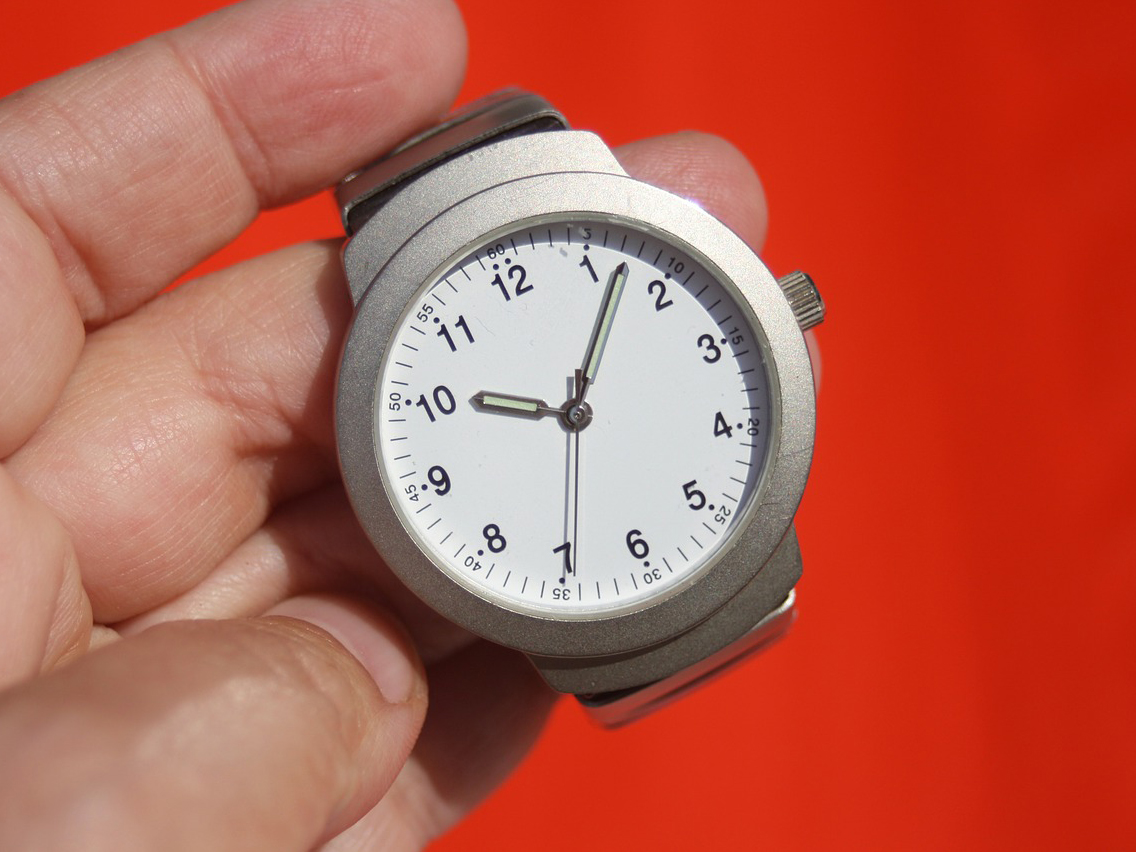The RACGP is seeking a crackdown on the employment of non-VR GPs by after-hours home-visit medical services
The RACGP is seeking a crackdown on direct marketing and the employment of non-VR GPs by after-hours home-visit medical services
RACGP President Dr Frank Jones said he would use his next meeting with the health minister to relay concerns about the after-hours sector such as fragmentation of care, inefficient use of health dollars and inexperienced doctors.
“There are some good agencies out there, and there are some who we really think are not doing the right thing,” Dr Jones told TMR.
“Our position is that only vocationally registered GPs, those on the pathway to fellowship or GP registrars under appropriate supervision should be doing this sort of work.
“After hours is a really difficult space, first of all medically – we believe you have to be an experienced GP to even be able to assess someone in their home.”
He said it was critical that after-hours services be confined to their original role as deputisers for specific general practices.
“We want GPs who are qualified and we want the GPs working for these organisations to understand that it is the medical home model that works best, and they should not be working in isolation.”
In its new position statement on after-hours care, issued on Friday, the RACGP says patients should only be able to access after-hours care through their general practice when they have a health concern that cannot wait until the next day.
Feedback from members also highlighted disquiet over the marketing tactics of after-hours providers.
The positition paper says the providers should adhere to AHPRA’s guidelines for advertising regulated health services and avoid advertising directly to the public.
“Mass media advertising and market campaigns (television, newspapers and billboards) directly encourage excessive and unnecessary use of these services and should be avoided.”
Triaging of patients for after-hours calls should be conducted by a qualified GP or nurse, the RACGP says.
Dr Jones said the college heard frequent anecdotal reports of inappropriate use of more expensive urgent MBS item numbers by after-hours providers, and it was up to the government to find a solution.
Members have also complained they often received “variable and limited” information about their patients’ after-hours visits, Dr Jones said.
The National Association for Medical Deputising Services (NAMDS) said it agreed with the RACGP’s assertion that some newer after-hours providers were not behaving as deputising services and were initiating contact with patients.
But it said curbs on direct advertising in the sector would “limit the ability of deputizing services to raise awareness of their availability”.


